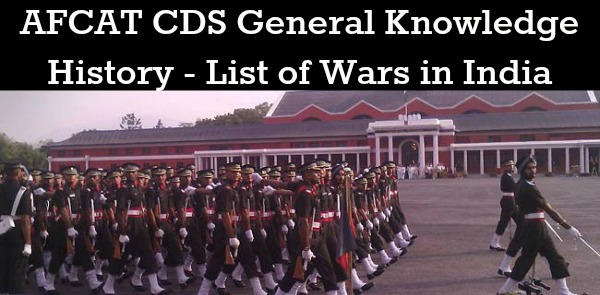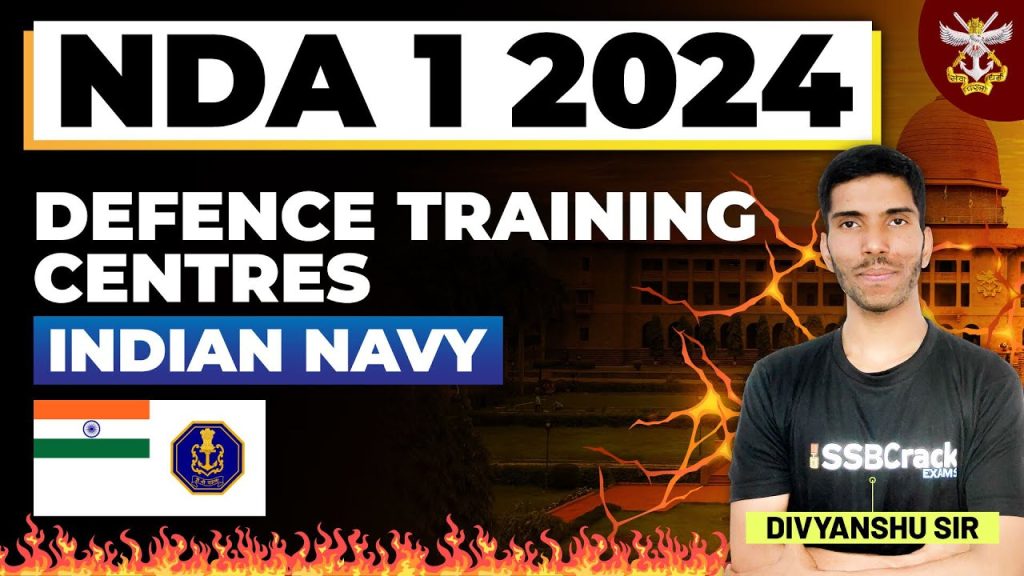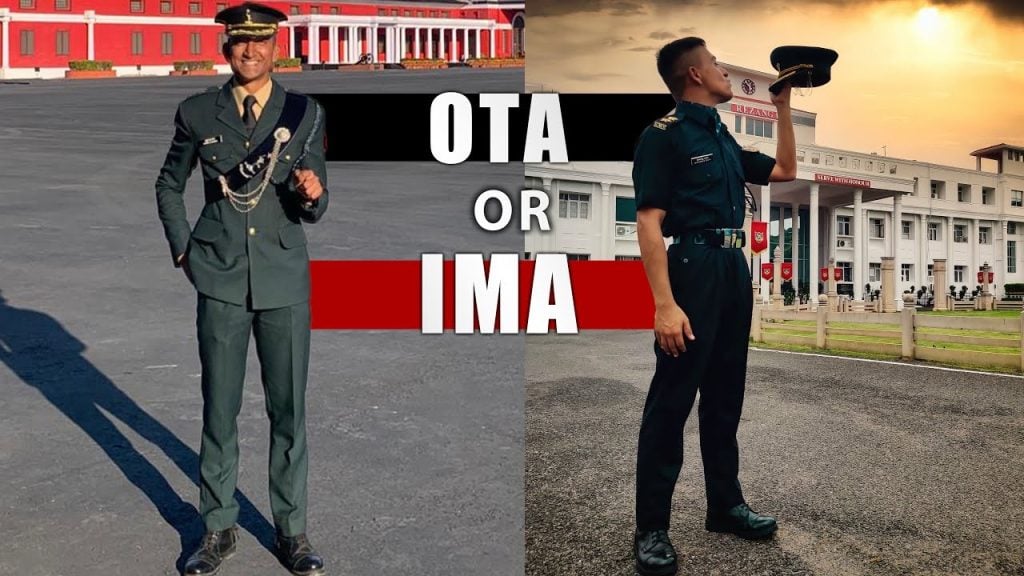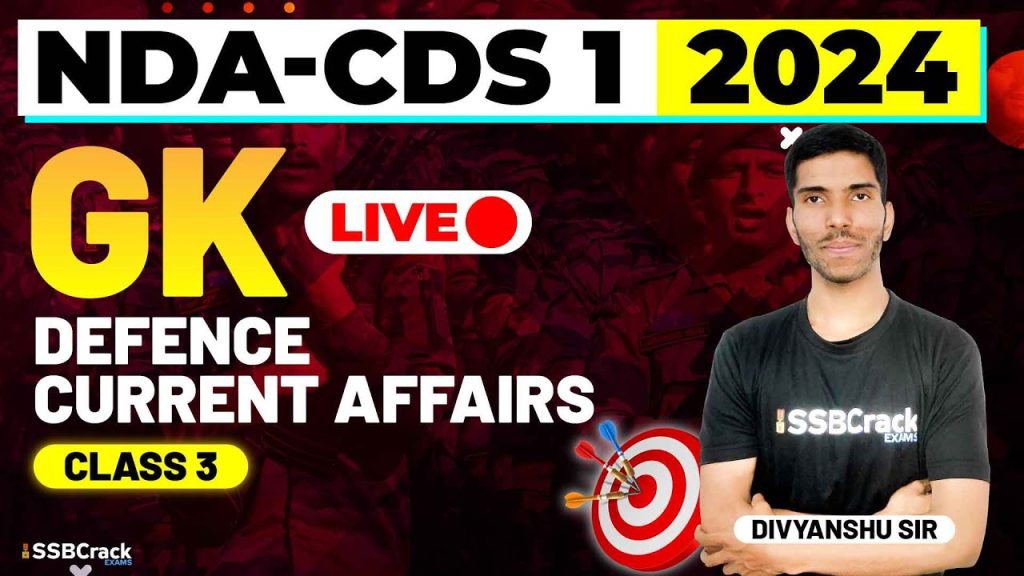AFCAT CDS General Knowledge History – List of Wars in India

- Conquest of the Nanda Empire (321 BCE-320 BCE)
The conquest of the Nanda Empire under Dhana Nanda by a small state, somewhere in north western India under Chandragupta Maurya in the 4th century BC led to the establishment of the Maurya Empire.
Chandragupta’s campaign against the Nanda was probably laid out by using popular guerrilla tactics. After the death of Dhana Nanda, the Nanda Empire was conquered by Chandragupta Maurya. Chandragupta’s forces besieged the city of Pataliputra in 320 BC (now Patna). His troops drew a noose gradually tighter around the city until the overwhelmingly superior Nanda Army was defeated. The war brought an end to the Nanda Dynasty and established the Maurya Empire with Chandragupta Maurya as its leader.
- (262 BCE-261 BCE) Kalinga War
The Kalinga War was fought between the Maurya Empire with Ashoka and Raja Anantha Padmanabhan of the state of Kalinga, a feudal republic located on the coast of the present-day Indian state of Odisha and northern parts of Andhra Pradesh.
The war began in the 8th year of Ashoka’s reign, probably in 261 BCE. Ashoka’s grandfather Chandragupta had previously attempted to conquer Kalinga, but had been repulsed. After a bloody battle for the throne after Bindusara’s death, Ashoka tried to annex Kalinga. Ashoka was successful only after a savage war, whose consequences changed Ashoka’s views on war and led him to pledge never to wage a war of conquest.
- Mughal–Safavid War (1622–23)
The Mughal–Safavid War of 1622–1623 was fought over the important fortress city of Kandahar, in Afghanistan, between the Safavid empire of Persia and the Mughal empire of India
- Mughal-Rajput War (1525)
The Mughal-Rajput War was a campaign into the Punjab region of India by the force of the Timurid ruler Babur. In 1525, after the conquest of Transoxania, Babur invaded the Punjab several times. To campaign he took the time to furnish his army with gunpowder weapons and to train them in their use, meanwhile preserving the more traditional skills of steppe warfare.
- Battle of Panipat (1526)
The First Battle of Panipat, on 21 April 1526, was fought between the invading forces of Babur and the Lodi Empire. It took place in north India and marked the beginning of the Mughal Empire.
- Second Battle of Panipat
The Second Battle of Panipat was fought on November 5, 1556, between the forces of Hemu, the Hindu ruler of north India from Delhi, and the army of Akbar. It was a decisive victory for Akbar’s generals Khan Zaman I and Bairam Khan.
- Third Battle of Panipat
The Third Battle of Panipat took place on 14 January 1761, at Panipat, about 60 miles (97 km) north of Delhi between a northern expeditionary force of the Maratha Empire and the forces of the King of Afghanistan, Ahmad Shah Abdali, supported by two Indian Muslim allies—the Rohilla Afghans of the Doab, and Shuja-ud-Daula, the Nawab of Awadh. Militarily, the battle pitted the French origin artillery and cavalry of the Marathas against the heavy cavalry and mounted artillery (zamburak and jizail) of the Afghans and Rohillas led by Ahmad Shah Abdali and Najib-ud-Daulah, both ethnic Afghans (the former is also known as Ahmad Shah Abdali). The battle is considered one of the largest and most eventful fought in the 18th century, and has perhaps the largest number of fatalities in a single day reported in a classic formation battle between two armies.
- Mughal–Maratha War
The Mughal–Maratha Wars were fought between the Maratha Empire and the Mughal Empire from 1680 to 1707. The Deccan Wars started in 1680 with the Mughal emperor Aurangzeb’s invasion of the Maratha enclave in Bijapur established by Shivaji.
- Battle of Karnal
Battle of Karnal, (Feb. 24, 1739), battle between the forces of Nādir Shah, an Iranian adventurer, and Muḥammad Shah, the Mughal emperor of India, at Karnal, 70 miles (110 km) north of Delhi; the Mughals suffered a decisive defeat. Nādir led about 55,000 troops and Muḥammad about 15,000, but both sides, especially the Indian, had large numbers of noncombatants.
- Maratha expeditions in Bengal
The Expeditions in Bengal was taken by the Maratha Empire after the successful campaign in Carnatic at the Battle of Trichinopolly. The leader of the expedition was Maratha Maharaja Raghuji of Nagpur. Raghoji was able to annex Orissa and parts of Bengal permanently as he successfully exploited the chaotic conditions prevailing in the region after the death of their Governor Murshid Quli Khan in 1727.
- Ambela Campaign
The Ambela Campaign (also called Umbeyla; Umbeylah; Ambeyla) in 1863 was one of numerous expeditions led by British forces in the border area between the Emirate of Afghanistan and the Punjab Province of British India (this area was formally renamed to North-West Frontier Province in 1901, present-day Khyber Pakhtunkhwa); this campaign was against local Pashtuns of Yusufzai tribes of the border region between British India and Afghanistan.
- (1864-1865) Bhutan War
Britain sent a peace mission to Bhutan in early 1864, in the wake of the recent conclusion of a civil war there, under Ashley Eden. The dzongpon of Punakha – who had emerged victorious – had broken with the central government and set up a rival Druk Desi while the legitimate druk desi sought the protection of the ponlop of Paro and was later deposed. The British mission dealt alternately with the rival ponlop of Paro and the ponlop of Tongsa (the latter acted on behalf of the druk desi), but Bhutan rejected the peace and friendship treaty it offered. Britain declared war in November 1864. Bhutan had no regular army, and what forces existed were composed of dzong guards armed with matchlocks, bows and arrows, swords, knives, and catapults. Some of these dzong guards, carrying shields and wearing chainmail armor, engaged the well-equipped British forces.

















